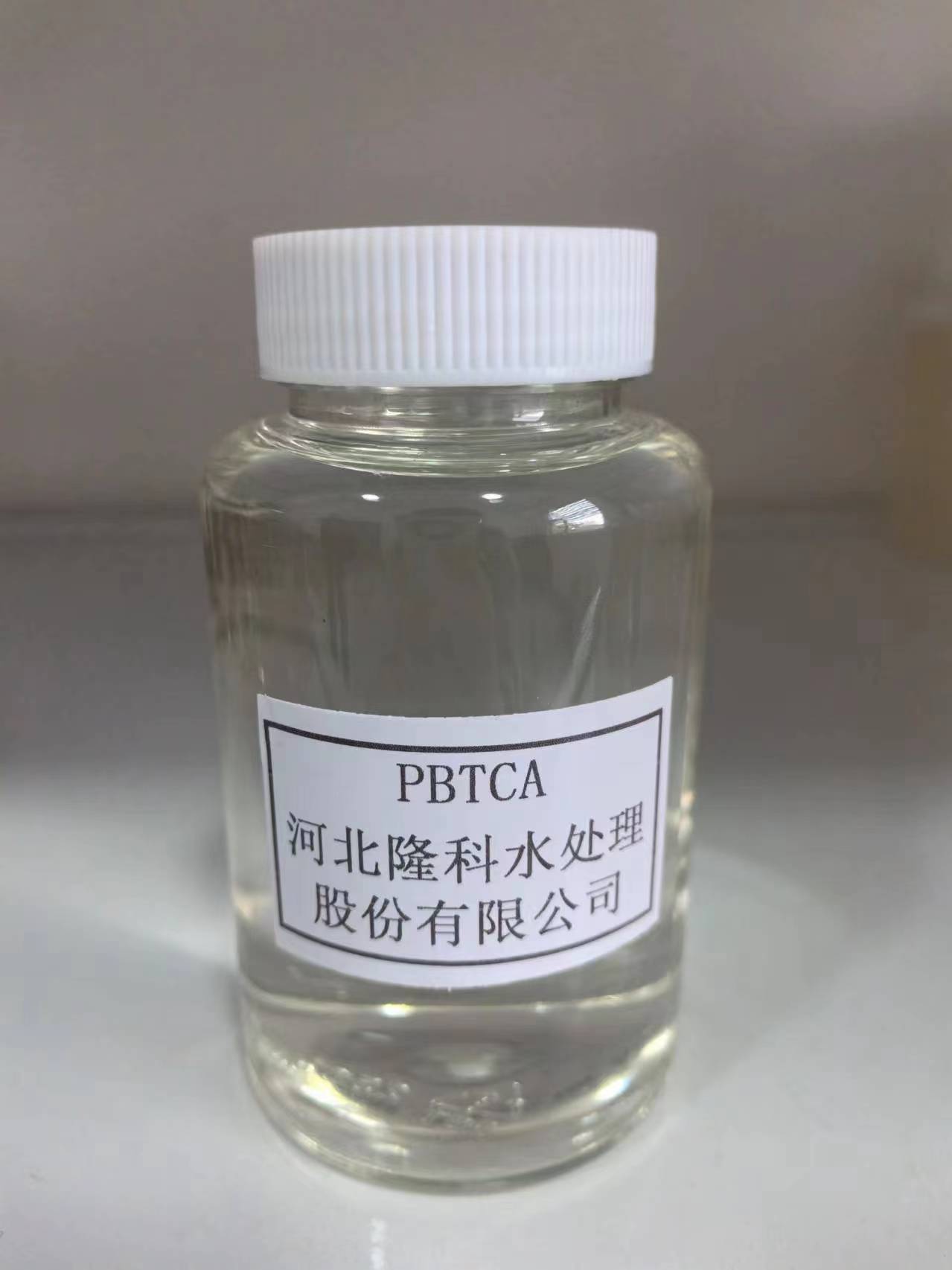Investigation of PBTC as an Effective Scale Inhibitor for Water Treatment Applications
The Role of PBTC Scale Inhibitors in Water Treatment
In the domain of water treatment, the management of scaling is a critical concern, especially in industrial processes where water is repeatedly reused. One of the prominent solutions for scaling issues is the use of chemical additives known as scale inhibitors. Among various options, PBTC (Phosphonobutane-tricarboxylic Acid) has emerged as a highly effective scale inhibitor due to its unique chemical structure and properties.
Scaling occurs when dissolved minerals in water precipitate and accumulate on surfaces, leading to blockages and inefficiencies in operational systems such as cooling towers, boilers, and pipelines. Common scale-forming minerals include calcium, magnesium, and barium, which are prevalent in many water sources. Without effective management, scale deposits can cause significant operational difficulties, resulting in reduced heat transfer efficiency, increased energy consumption, and even equipment failure.
The Role of PBTC Scale Inhibitors in Water Treatment
One of the critical benefits of using PBTC over traditional scale inhibitors is its relatively low toxicity and environmental impact. As industries are increasingly pressured to adopt more sustainable practices, the use of PBTC aligns with green chemistry principles. It is biodegradable and does not accumulate in the environment, making it a preferable choice for industries that prioritize eco-friendly solutions.
pbtc scale inhibitorpbtc

In addition to controlling scale formation, PBTC also exhibits corrosion inhibition properties. Corrosion and scaling often occur simultaneously in water systems, exacerbating maintenance issues. By incorporating PBTC into water treatment protocols, industries can address both challenges concurrently, improving overall system efficiency and longevity.
The application of PBTC is broad, spanning industries such as power generation, oil and gas, and municipal water treatment. In cooling towers, for example, PBTC can significantly reduce maintenance frequency and costs by controlling scaling and corrosion, leading to enhanced water management and lower operational expenses. In the oil and gas sector, where water is frequently reused, the addition of PBTC to injection water can prevent scale formation in wells, enhancing production efficiency.
Field studies and laboratory tests have demonstrated the efficacy of PBTC in various water conditions. However, it is essential for operators to conduct thorough testing and monitoring to determine the optimal dosage and to adapt to the specific conditions of their water systems. The development of digital monitoring technologies and analytics can further support the effective application of PBTC, ensuring systems remain within optimal operational ranges.
In conclusion, PBTC has established itself as a vital player in the realm of scale inhibitors. Its ability to effectively prevent scaling while also mitigating corrosion makes it an invaluable addition to water treatment protocols across various industries. As the demand for more sustainable and efficient water treatment solutions continues to grow, PBTC's role is expected to expand, underscoring its importance in modern industrial practices. By embracing innovative solutions like PBTC, industries can improve operational efficiency, reduce environmental impact, and contribute to the responsible management of water resources.
-
Understanding Polycarboxylic Acids: Properties, Applications, and Future PotentialNewsJul.28,2025
-
Scale Inhibitor Explained: How to Protect Your System from Limescale and Hard Water DamageNewsJul.28,2025
-
Scale and Corrosion Inhibitors: Essential Chemicals for Industrial Water System ProtectionNewsJul.28,2025
-
Polyaspartic Acid: A Biodegradable Polymer for Sustainable ChemistryNewsJul.28,2025
-
Isothiazolinones: A Versatile Antimicrobial Class with Industrial Power and Regulatory ChallengesNewsJul.28,2025
-
A Deep Dive into 2-Phosphonobutane-1,2,4-Tricarboxylic Acid (PBTC)NewsJul.28,2025





